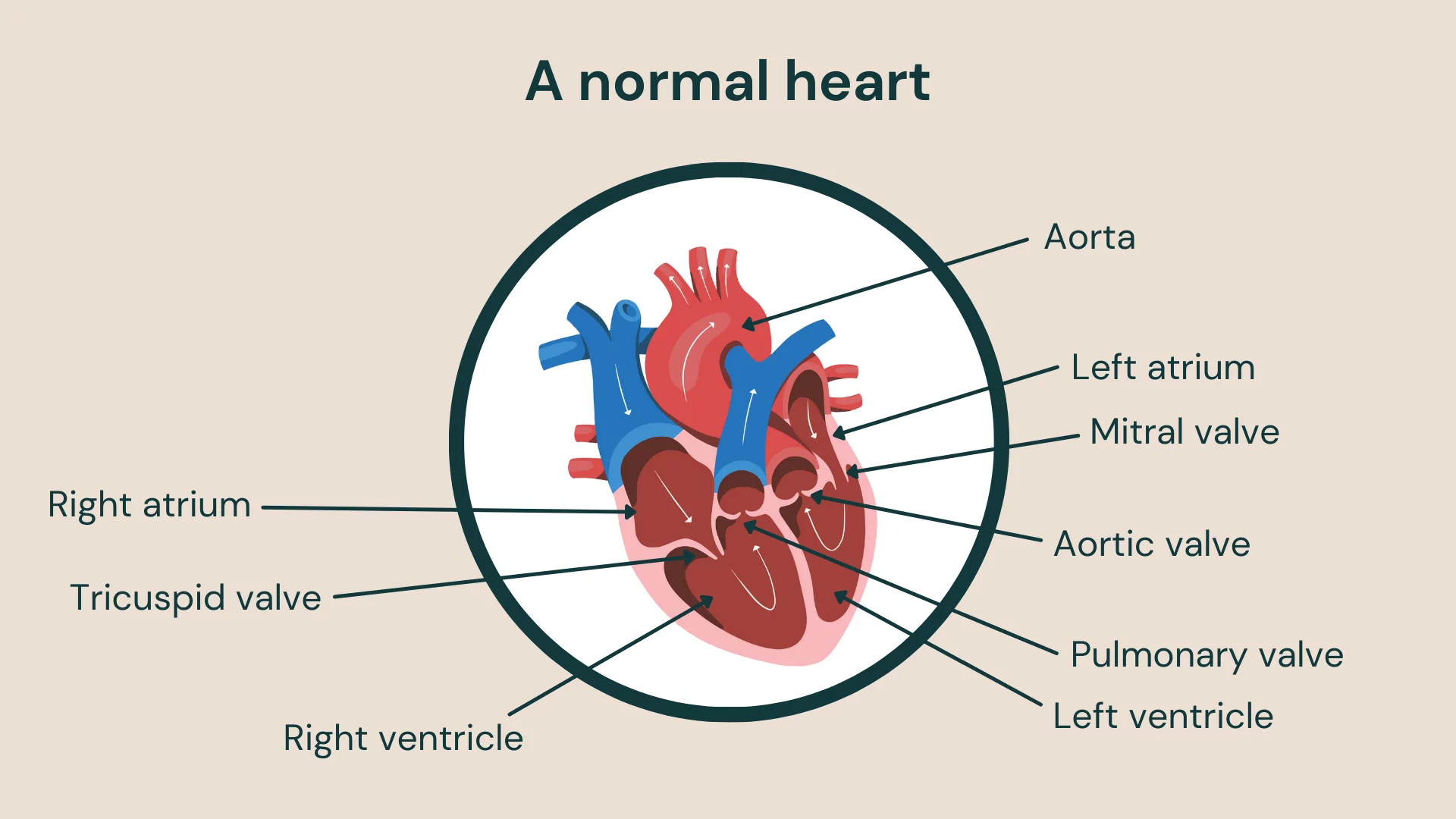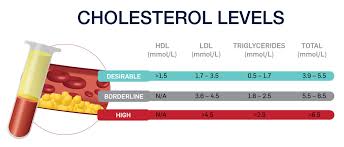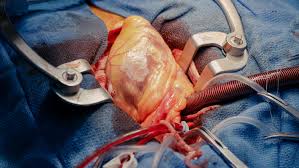Heart valves are structures that control the flow of blood through the heart. They act like one-way valves, ensuring that blood flows in the correct direction. There are four valves in the heart:
The Atrioventricular (AV) Valves
- Tricuspid valve: Located between the right atrium and right ventricle.
- Mitral valve: Located between the left atrium and left ventricle.
The Semilunar Valves
- Pulmonary valve: Located between the right ventricle and the pulmonary artery.
- Aortic valve: Located between the left ventricle and the aorta.
Functions of Heart Valves
- Prevent backflow: Heart valves prevent blood from flowing backward into the heart chambers.
- Maintain blood flow: The valves ensure that blood flows in the correct direction through the heart and blood vessels.
Heart Valve Problems
A number of problems can affect the heart valves. These include:
- Stenosis: A narrowing of the valve, which makes it difficult for blood to flow through.
- Regurgitation: A leaking of the valve, which allows blood to flow backward.
- Prolapse: A condition where the valve leaflets bulge backward into the heart chamber.
Diagnosis of Heart Valve Problems
Heart valve problems can be diagnosed through a variety of tests, including:
- Echocardiogram: An ultrasound of the heart.
- Electrocardiogram (ECG): A test that records the electrical activity of the heart.
- Cardiac catheterization: A procedure that involves inserting a catheter into the heart to visualize the valves.
Treatment of Heart Valve Problems
The treatment for heart valve problems depends on the severity of the condition. In some cases, medications can be used to manage symptoms. In other cases, surgery may be necessary to repair or replace the damaged valve.
Heart valves are essential for the proper functioning of the heart. Understanding their structure and function can help you recognize the signs and symptoms of heart valve problems and seek appropriate medical care.



